47 out of 67 Czechoslovak championships were won by clubs from Prague, with Sparta leading the way with a remarkable 21 titles. When the Velvet Divorce came in 1993 Prague clubs continued their stranglehold on Czech championships, with nine of the first 10 being won by capital clubs. The football riches have begun to spread throughout the country with titles being won by clubs in Liberec, Plzen and Ostrava, but Prague still acts as the traditional centre of power in Czech football.
Whilst there are a whole host of clubs in Prague itself (14 at last count), only five of these have consistently performed in the upper reaches of Czech football since the demise of Czechoslovakia. If you’re looking to take in a bit of football culture whilst in the city we wholeheartedly recommend checking out one of these five, unless you’re more of a Sunday shirts and skins type. Sparta and Slavia are the two true powerhouses, Bohemians 1905 the scrappy underdog, Viktoria Žižkov the resigned elder statesman and Dukla the former leader experiencing something of a renaissance. Confused? Let us explain in a little more detail.
AC Sparta Prague
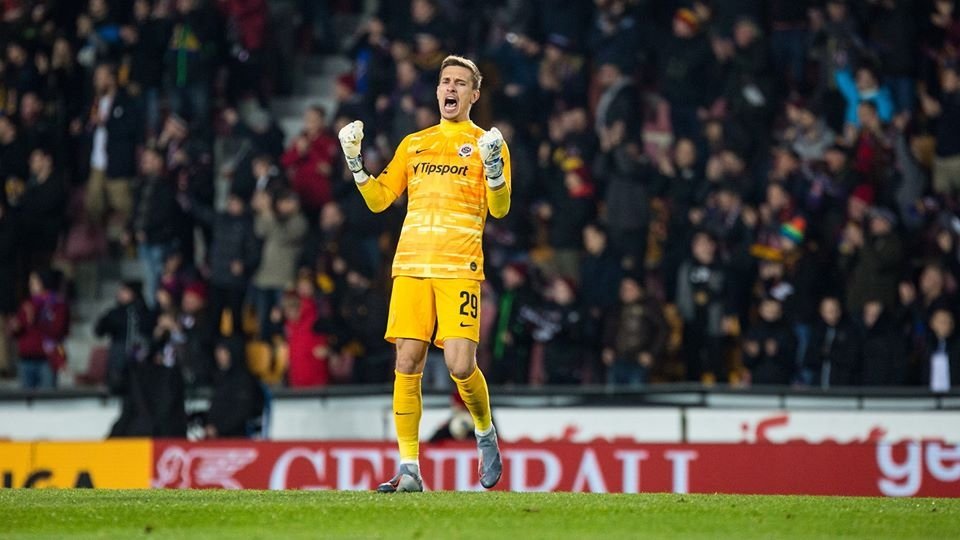
Sparta itself came into being way back in 1893, when a group of young lads decided the time was right to set up a sports club. The club are now famous for wearing redcurrant shirts, and for that we have English club Arsenal FC to thank. Sparta actually wore black up until 1906, at which point then-club president Dr. Petřik saw the Gunners play on a tour of the United Kingdom. If it worked for Arsenal it could work for Sparta, and from that point on variants of red and white were the colours of the club.
The side in redcurrant simply dominated Czechoslovak football, winning the Czechoslovak league a whopping 21 times (including eight championships out of the last 10). This domination continued in the Czech league, where Iron Sparta won seven of the first eight titles. Sparta are that club, the one that is always there or thereabouts at the top of the league. They play their home games at the Generali Stadium (known informally as Stadion Letna). The Sparta women’s team has been even more dominant in recent times - it won every league title between 2005 and 2013 for example.
SK Slavia Prague
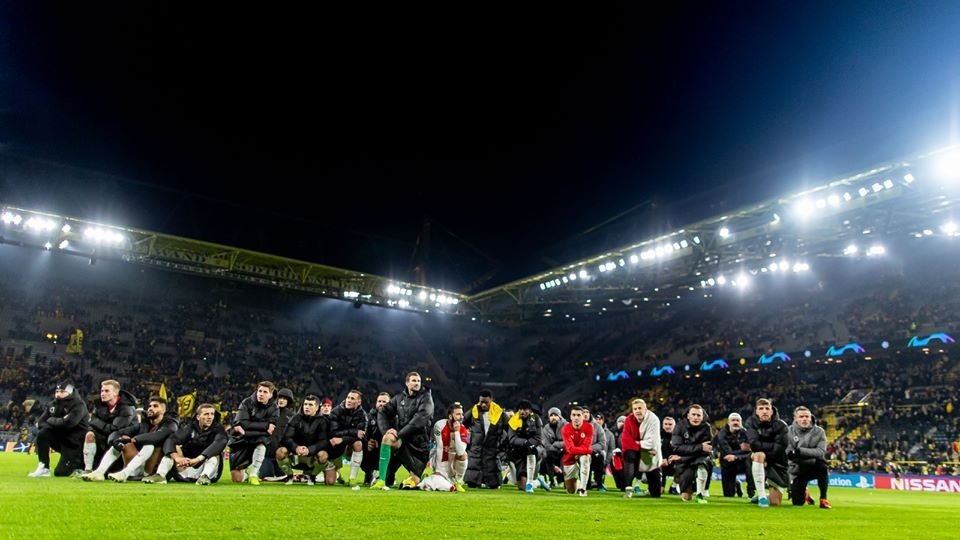
Founded in 1892 by medicine students in Vinohrady, Slavia was initially a cycling-focused sports club looking to increase sporting activity amongst the students. Football really kicked off in 1896, and on March 29th of that year the very first Slavia/Sparta derby was held. The match ended 0-0, and suffice to say there aren’t a whole lot of glowing reports of the battle.
Everything changed for Slavia in 1905, with the arrival of a Scottish man by the name of John Madden. A former Celtic player, Madden brought new tactics, new ideas and a new footballing culture to the club, and the results were impressive to say the least. Madden won 134 out of his 169 games, establishing an early golden age for the club known as Věčná Slavia (The Eternal Slavia). In fact, Slavia were far and away the strongest club in the country up until the climax of World War Two.
Slavia would win the first post-war Czechoslovak League in 1946/47, but they wouldn’t taste championship success again until 49 years later in 1996. They would have to wait another decade before winning the title again, and they celebrated their move to the Eden Arena in 2008 with another title. The Red and Whites also have a successful women’s team, who regularly compete with Sparta for the championship.
Bohemians 1905
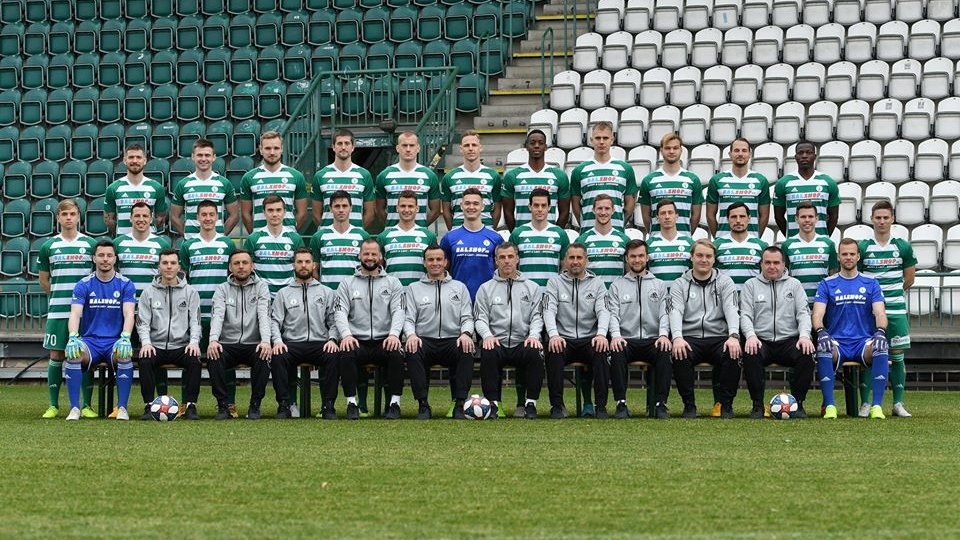
Bohemians 1905’s golden era was the early 1980s, when the club did the unthinkable and somehow managed to win the 1982/83 Czechoslovakian League, as well as reaching the semi-finals of the UEFA Cup. It was a remarkable achievement, but 20 years after this success it seemed as though the club would be no more as it stared financial oblivion in the face. The club was eventually saved by the fans, who paid off a considerable portion of the sizeable debt.
For a short while there were actually two Bohemians Prague clubs in the top flight. The traditional club used to be associated with the TJ Bohemians Praha franchise, who took advantage of the Kangaroos’ financial issues in 2005 to rent the logo out to lowly FC Střižkov Praha 9, who subsequently rose to the top division on the back of TJ’s finances. It wouldn’t last however, and much like the Highlander films there can be only one Bohemians.
Bohemians’ fans are unique to say the least, one of the few ideologically left-wing supporters’ groups in football. The Vršovice derby with Slavia Prague is the second biggest game in Czech football, with Slavia’s ground standing just 1km from Bohemians’.
FK Dukla Prague
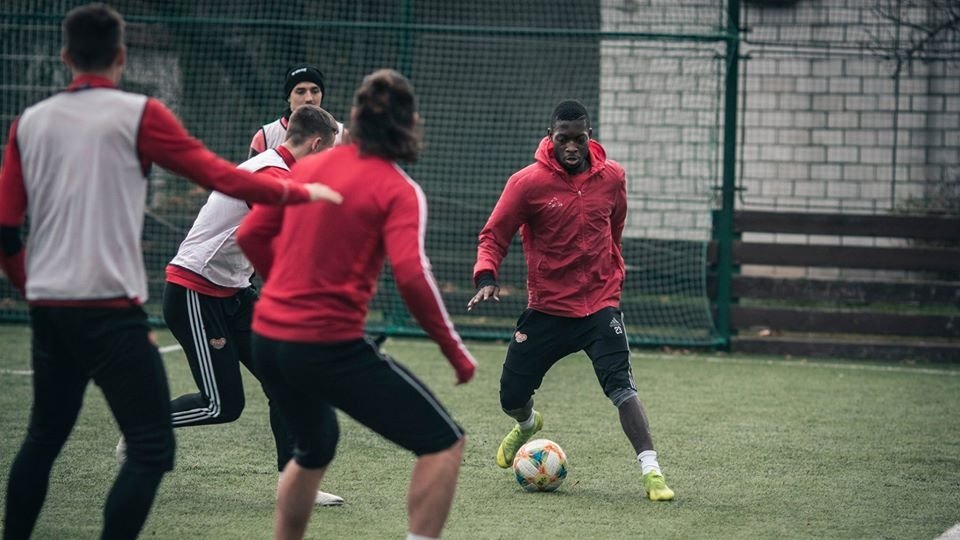
This only tells half (well, less than that) of the story. The ideological Dukla came into being in 1948 and would win their first title in 1953. The club were backed by the army, which meant they had the pick of the talent across Czechoslovakia. This didn’t exactly make them the most popular club in the country, but it did make them one of the most successful.
When communism died, Dukla began to die too. They finished bottom of the first ever Czech League (by some way), and in 1996 Dukla merged with second division club FC Portál Přibram, a club based some 40km away from Prague. A number of name changes followed with the club eventually settling on their current name, 1.FK Přibram.
So if Přibram are Dukla, who are Dukla? Well, Dukla are Dukla, obviously. Maybe not the legal successor to the historic club, but they are the modern day version nonetheless. Dukla came from local amateur side Dukla Dejvice, finding themselves in the second division in 2007 before finally winning promotion back to the top tier in 2011. They wear the traditional red and gold, play in the monolithic Juliska and represent the modern day continuation of the Dukla Prague legacy.
FK Viktoria Žižkov
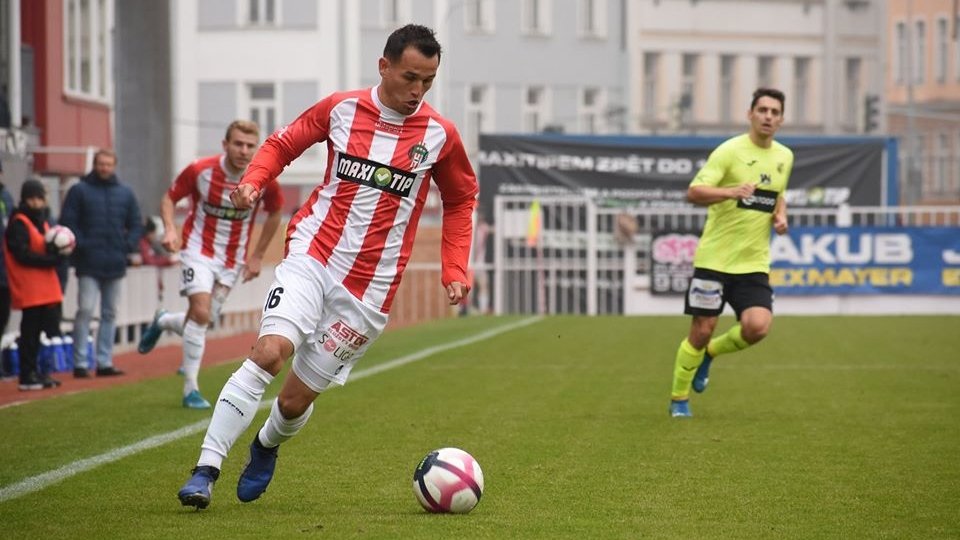
FK Viktoria went through the usual mass of name changes during the 1950s with little success, before reverting back to the classic in 1965. Žižkov have experienced much more success in the cups, winning that particular trophy seven times between 1913 and 1940, before doing so again in 1994 and 2007.
In recent times Žižkov have become something of a yo-yo club, although the 2001/02 season did see them come within a few minutes of a miraculous league title, finishing just a point behind winners Slovan Liberec. Corruption scandals and financial peril followed however, leaving the Viktoria faithful dreaming of these better days.
British fans may know the club best from European adventures against Chelsea and Glasgow Rangers, although fans of the latter may well want to forget their away goals defeat in the UEFA Cup in 2004. The club were the subject of popular 1931 Czech film ‘Muži v offsidu’ (Men Offside) and once featured the so-called ‘King of Comedians’ (Vlasta Burian) in between the sticks.




Comments